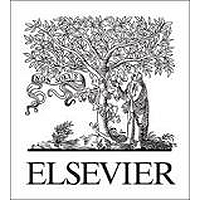Objective: Stress, inflammation, and depression are associated to coronary heart disease (CHD). However, how these constructs collectively contribute to CHD incidence is not well understood. For the first time, this study explored the concurrent relationship between workplace stress, depression symptomology and levels of lowgrade inflammation with future CHD incidence.Methods: Data from the 5-year intervals at phase 5, 7, and 9 of the Whitehall II study (N = 8348, M-age = 56) provided measures of workplace stress, depression symptomology, inflammation (interleukin-6, C-reactive protein, fibrinogen), and CHD incidence. The proposed stress-inflammation-depression-CHD pathway was assessed with a longitudinal design incorporating a structural equation model (SEM) that measured if changes in stress, depression, and inflammation between phase 5 to phase 7 predicted first-time CHD events between phases 7 and 9.Results: The SEM empirically supported this proposed pathway and demonstrated excellent model fit, chi (72) = 3582.959, p <.001, CFI = 0.896, RMSEA = 0.076 (CI90 = 0.074, 0.079), while depression symptoms mediated the association between workplace stress and CHD incidence, B = 0.003 (CI90 = 0.001, 0.004). Further, survival analysis indicated that individuals with higher mean scores (across phases) of depression symptoms or fibrinogen levels were more likely to experience a first time CHD event.Conclusions: Increases in depression symptoms and fibrinogen levels may be good indicators of future CHD morbidity among older employees. Future research is encouraged to monitor negative affective states and the potential use of biobehavioural options to reduce depression and inflammation that may mitigate CHD risk.

Prospective increases in depression symptoms and markers of inflammation increase coronary heart disease risk-The Whitehall II cohort study
Review badges
0 pre-pub reviews
0 post-pub reviews

